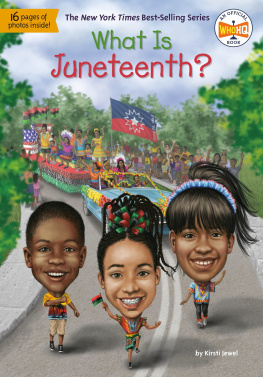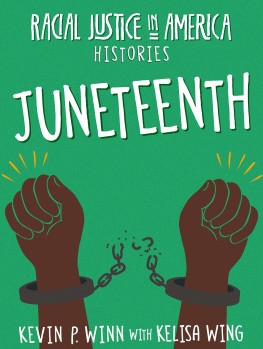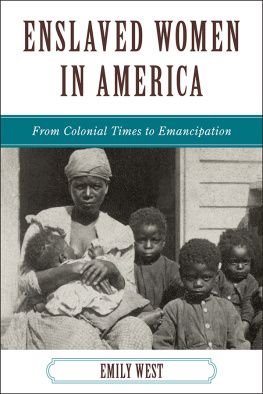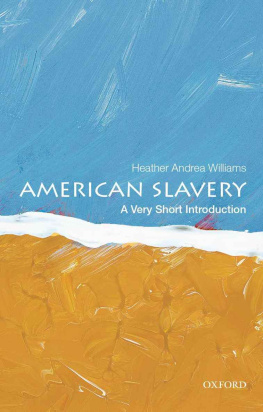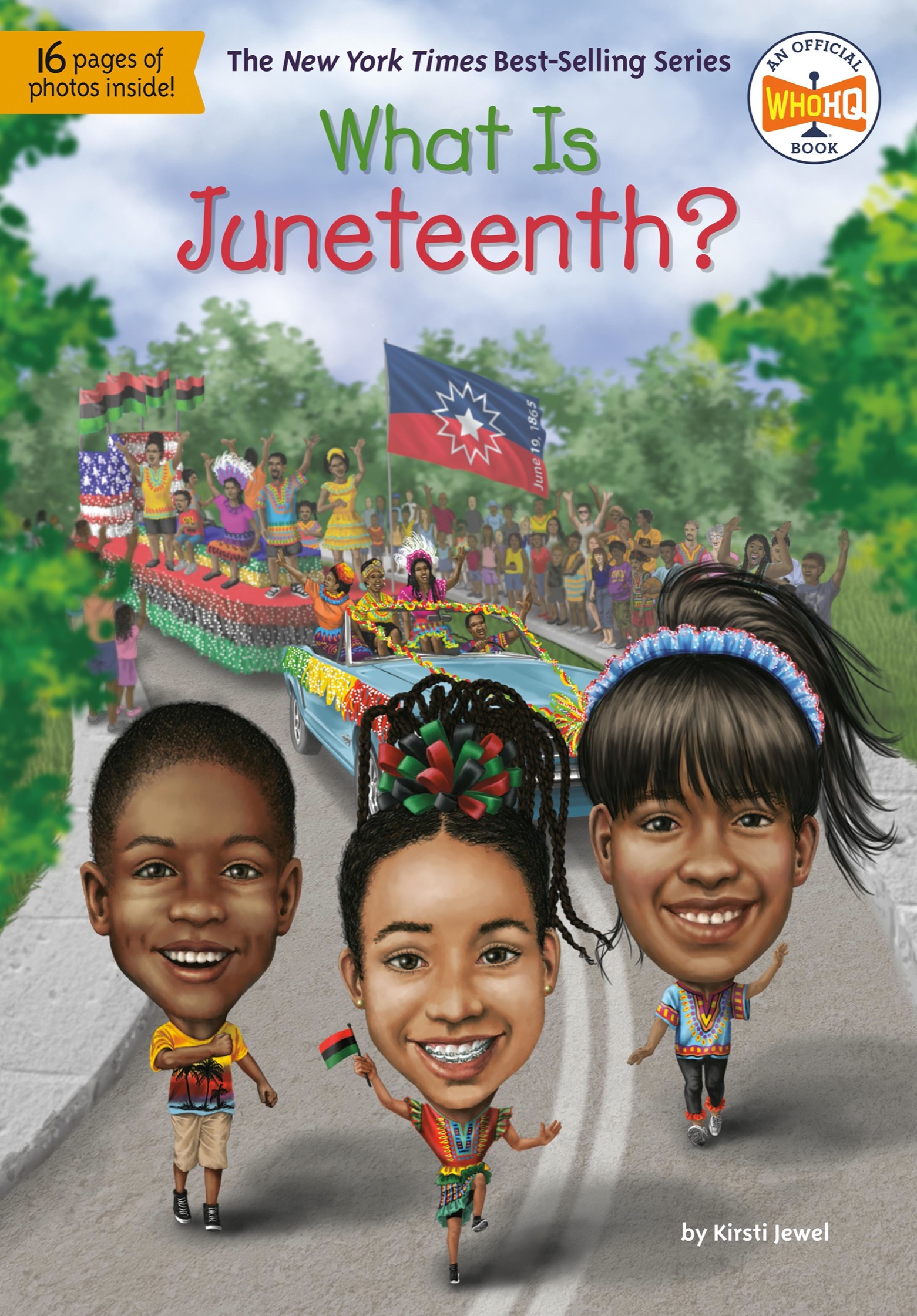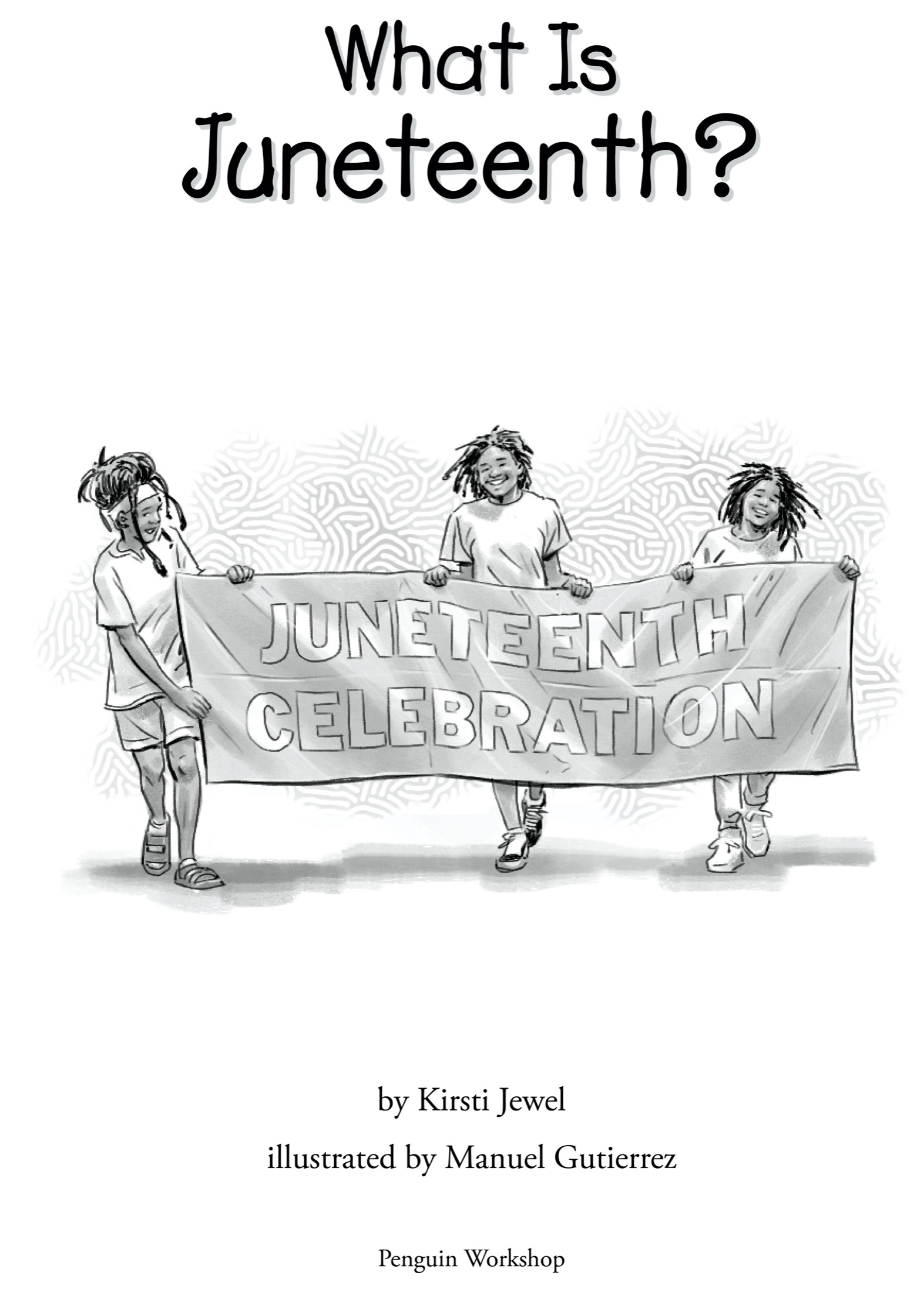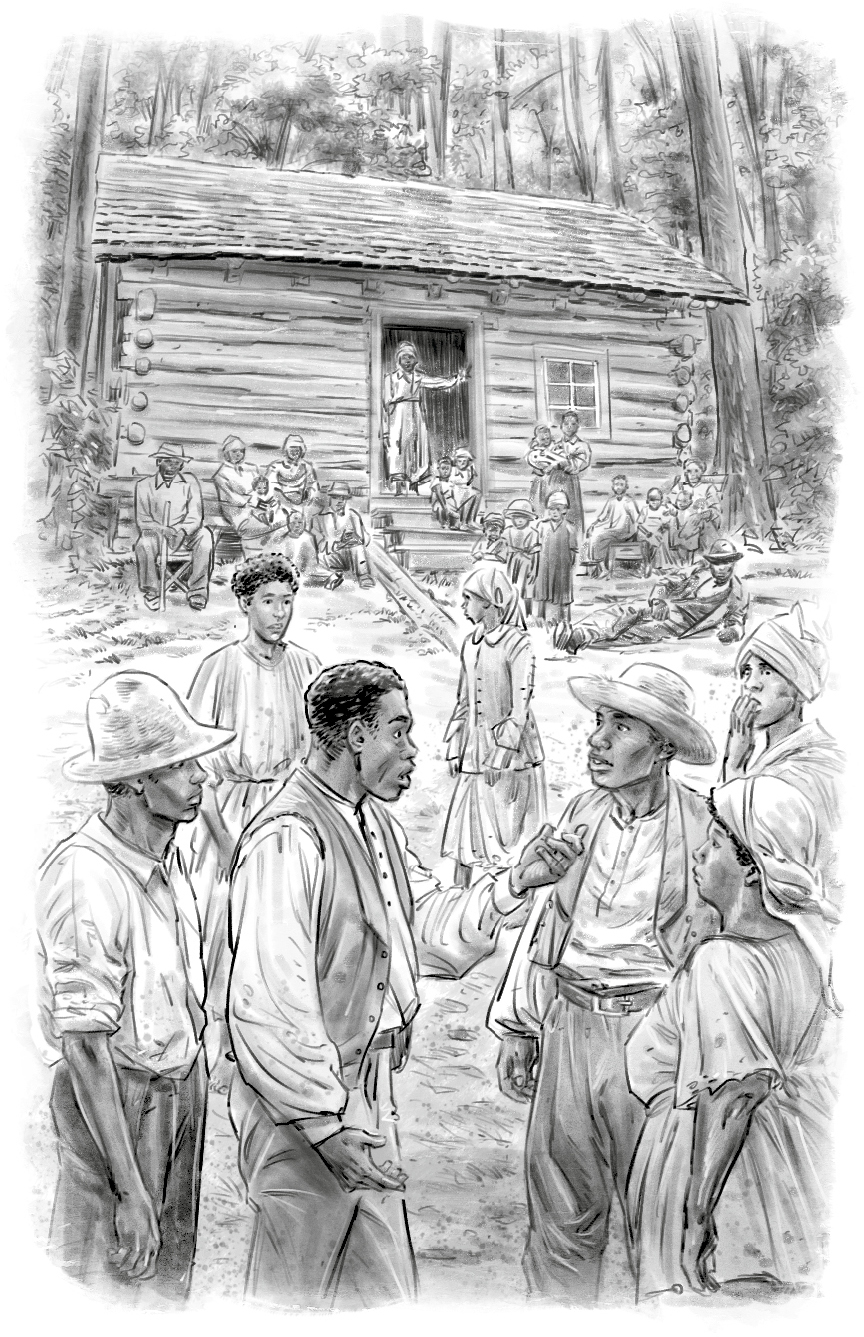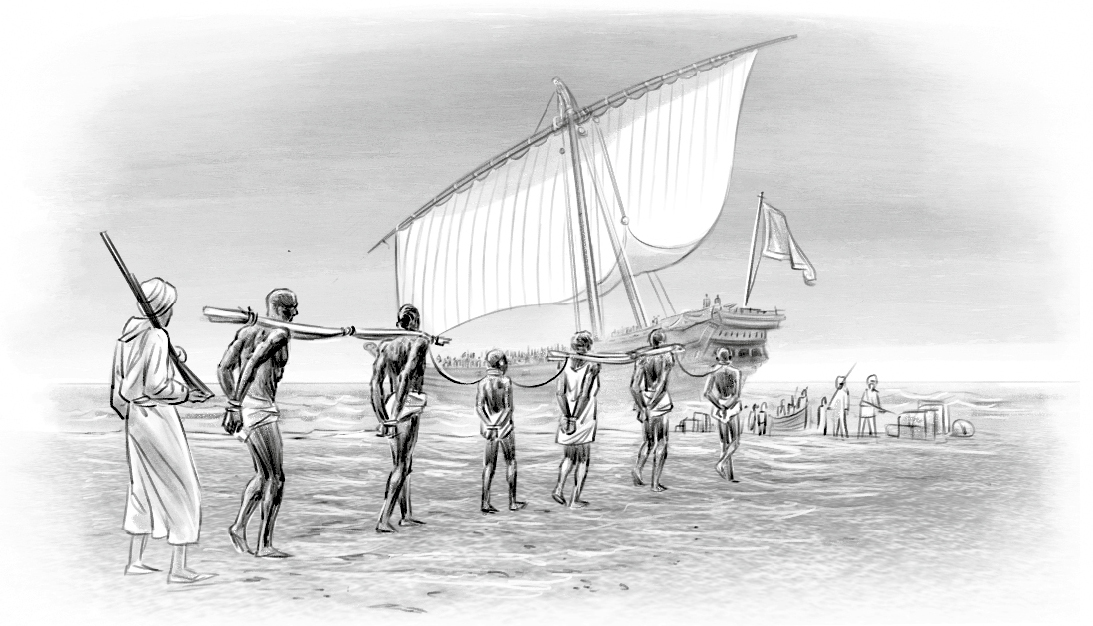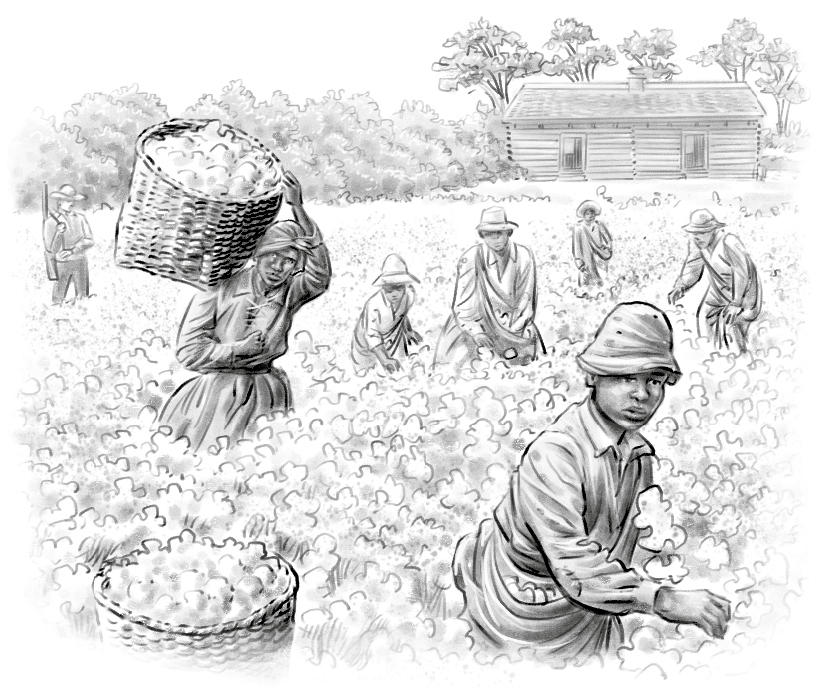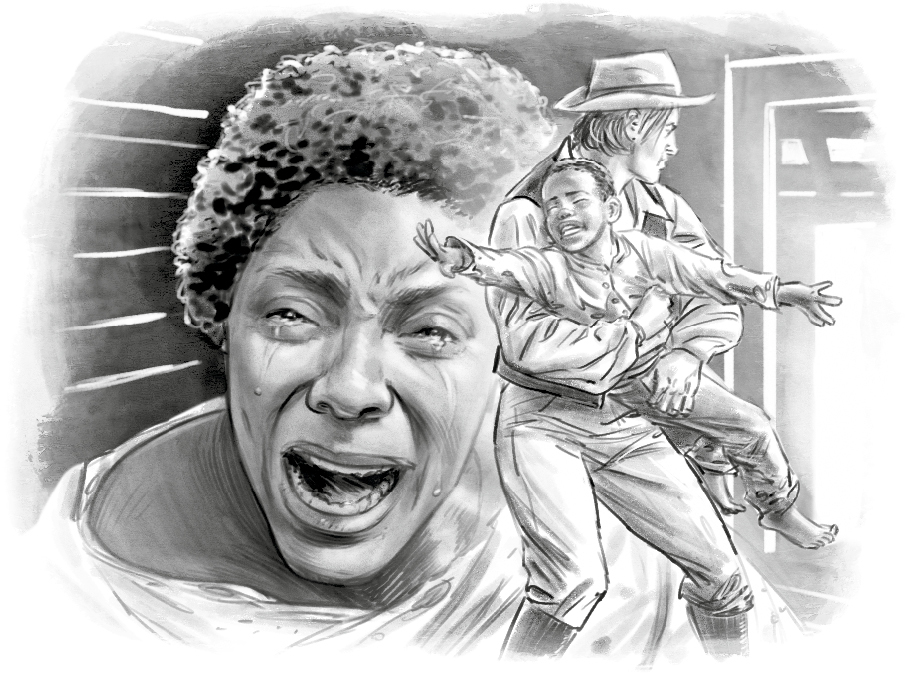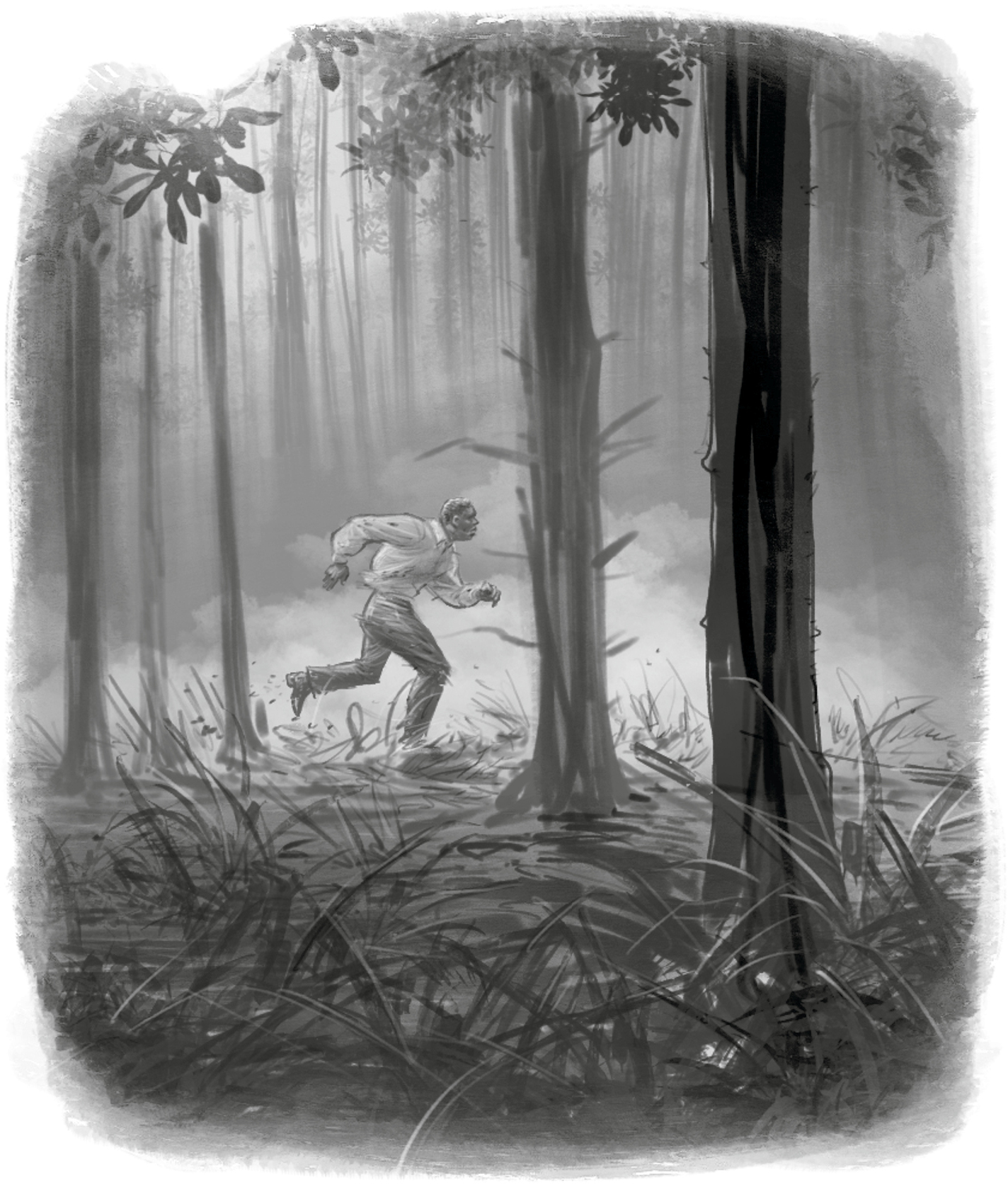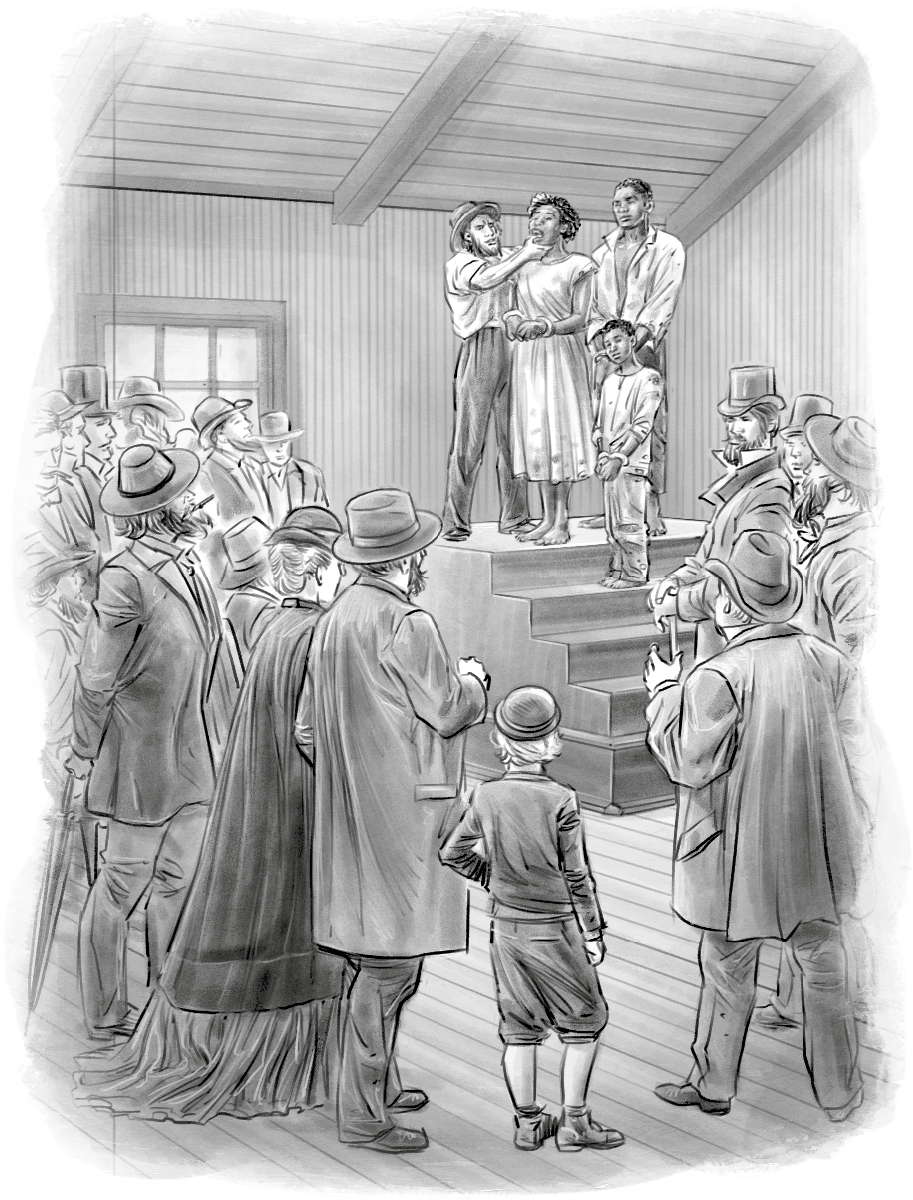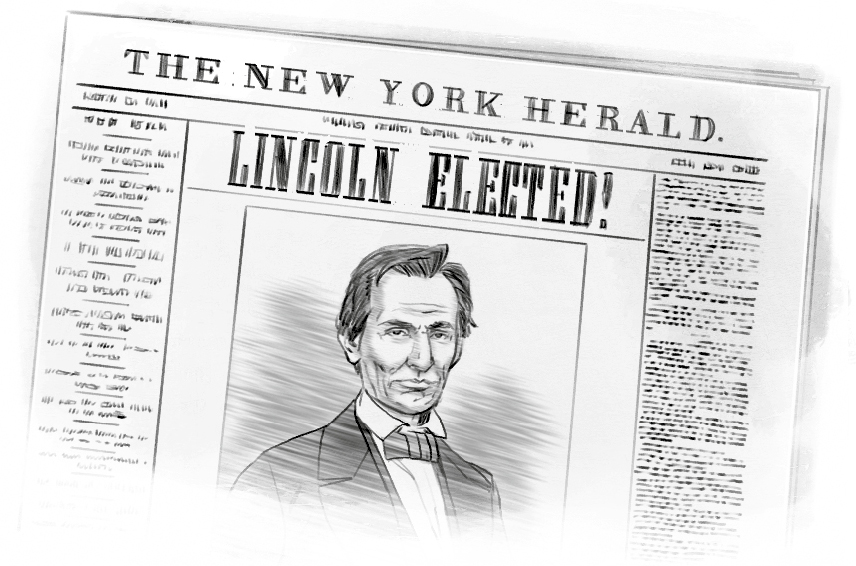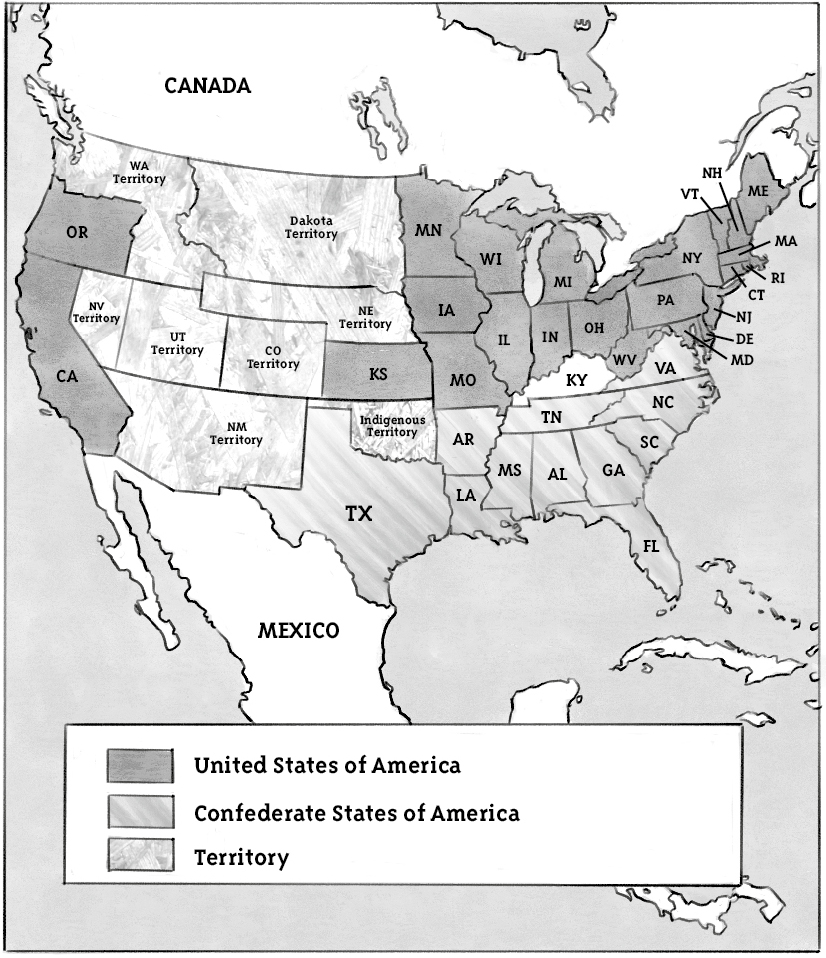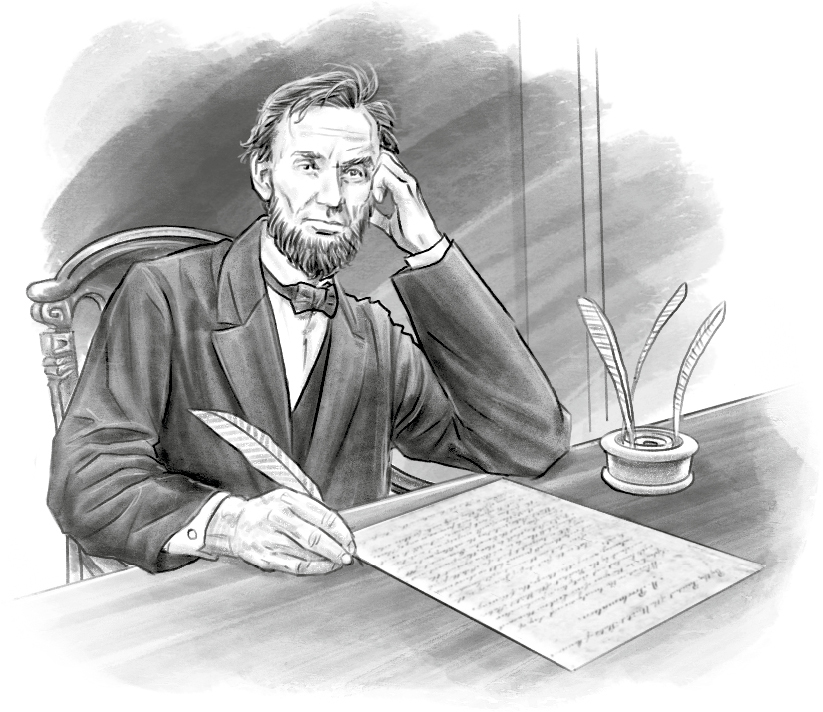Penguin supports copyright. Copyright fuels creativity, encourages diverse voices, promotes free speech, and creates a vibrant culture. Thank you for buying an authorized edition of this book and for complying with copyright laws by not reproducing, scanning, or distributing any part of it in any form without permission. You are supporting writers and allowing Penguin to continue to publish books for every reader.
PENGUIN is a registered trademark and PENGUIN WORKSHOP is a trademark of Penguin Books Ltd. WHO HQ & Design is a registered trademark of Penguin Random House LLC.
Visit us online at penguinrandomhouse.com.
CHAPTER 1
Centuries of Slavery
The years of slavery represent a very dark and cruel time in American history. Taken from the western coast of Africa, the first group of African people were brought by ship to Virginia in 1619. Eventually, they were sold at auctions to wealthy white farmers to work on tobacco farms. Slavery existed in all the original thirteen colonies in America. But many years before the Civil War, slavery had been abolished in Northern states.
In the South, Black people were forced for long hours to do backbreaking workpicking cotton and planting tobacco. They cooked and cleaned for their white enslavers and took care of their kids, while their own children were also out working the fields.
The Middle Passage
When people were kidnapped from western Africa, they were forced onto ships that made the difficult voyage across the Atlantic Ocean. This voyage is known as the Middle Passage.
The journey was long and grueling, taking many weeks, sometimes months. Ships carried up to six hundred people, chained in extremely tight quarters. There wasnt even enough space to stand up, and so people spent the voyage lying side by side. They were fed a little water and boiled rice, just barely enough to keep them alive.
Some kidnappers let their captives out onto the deck of the ship for fresh air for short periods of time, but in many cases, the African people spent the entire voyage below deck where it became extremely dirty. People often died from disease and some were killed. In fact, historians say that up to two million people died during the Middle Passage! And if they made it to America, what awaited them was enslavement.
Any children born to enslaved people were automatically enslaved themselves. They were given scraps for food and rags for clothes. They were not allowed to learn to read or write.
What happened if they didnt do as they were told? They were often severely beaten. As punishment, families might be broken up; enslavers would often sell parents or their children to other plantation owners across the South.
People often wonder, Why didnt enslaved people run away? Many did! In fact, around one hundred thousand people escaped from slavery. But it was very difficult and dangerous to reach the North. If people were caught, it could result in torture or death.
Auctions of Enslaved People
Before an auction, enslaved people could be held in a private jail for days or weeks. When it was time for them to be auctioned off theyd stand, one after another, on the auction block. Their strength and other abilities would be described by the auctioneer, and the person was sold to the highest bidder.
Oftentimes, enslaved families were broken apart and sold so quickly, they didnt even have the chance to say goodbye. Family was one of the few things that brought comfort to people during slavery. So, when mothers, or fathers or children, were sold away, it was even more heartbreaking.
When Abraham Lincoln became president in 1861, enslaved people and abolitionists were hopeful. (Abolitionists were peopleboth white and Blackwho fought to end slavery. Many lived in the North.) Lincoln was known for being against slavery. Plantation owners feared that he was going to make owning Black people illegal.
After Abraham Lincoln became president, seven Southern states seceded (this means to separate) from the United States. They formed their own countrythe Confederate States of America. Lincoln said states couldnt do this and war broke out. Then four more Southern states joined the Confederacy. Why didnt these states want to remain in the Union? They wanted to keep slavery. They feared that Lincoln would abolish it.
The possibility of becoming free gave Black people in the Confederacy tremendous hope. Lincolns first step toward universal freedom was the Emancipation Proclamation, issued on January 1, 1863.
Why didnt he use it to free all from bondage?
Lincoln was a practical politician. The border states Kentucky, Delaware, Maryland, Missouri, and West Virginia still allowed slavery.

